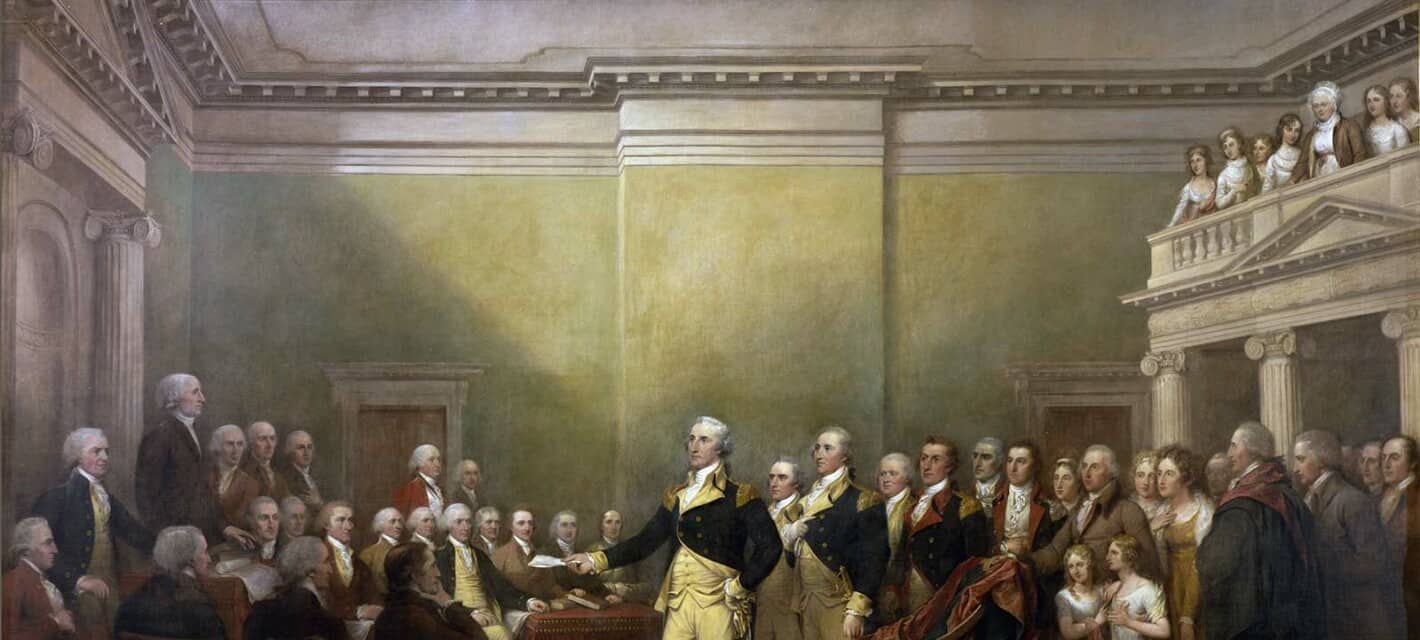In the late 18th century personal hygiene differed considerably from what is acceptable today. It also differed considerably based on an individual’s place in society, and the mores of the local community. Simply put, some bathed with regularity while others looked askance at the practice. Medical opinion regarding cleanliness and its links to health varied. For some, washing the hands and face several times a day was considered sufficient. Others insisted on a daily bath, or at the very least sponging of the body using a washbasin and soap. Toothbrushes existed in the colonial period, though they were scarce. Most people cleaned their teeth with rags. Chewing cloves or mint sufficed for freshening breath.

Underclothes, shirts, and stockings could be washed, but the fabrics favored for coats and pants did not stand up well to handwashing. Outer clothes received brushing as their main form of cleaning. Of course, there were no antiperspirants, people fought body odor using perfumes and pomades. In the muggy heat of the American summer, they likely proved ineffective. America’s Founding Fathers, locked in a sealed room during the summer in Philadelphia no doubt were an odoriferous bunch. They did, however, practice varying degrees of personal hygiene, based on their class, their wealth, and their personal moral beliefs. Here are some examples of the hygiene habits of the Founding Fathers.

1. George Washington believed in daily bathing for both hygiene and health
In his youth at Ferry Farm on the Rappahannock, George Washington “bathed” nearly every day during the warmer months. His bath consisted of a dip in the river, a practice he continued at Mount Vernon. By the time of his long military service, Washington had developed the habit of daily bathing upon rising in the morning, using a wash basin, sponges, and rags to clean his body before dressing. A body servant assisted him in the process, to save him from becoming overheated from exertion. Being a wealthy gentleman, Washington had access to soaps less harsh than those available to the general public, as well as perfumes and Eaux de cologne, both of which he purchased liberally.
Washington also believed in and practiced washing the hands and face several times over the course of the day, including both before and after eating. Fastidious in dress and appearance, he detested powdering his hair, and did so only when social circumstances demanded. Because of his well-known false teeth, it is often assumed his dental hygiene did not meet even the standards of his day. Washington had an inveterate sweet tooth, and a particular fondness for maple sugar and syrups. It is likely his excessive consumption of sweets led to the loss of his teeth, though he cared for them and their eventual replacements (they were not of wood) as diligently as he washed and dressed.

